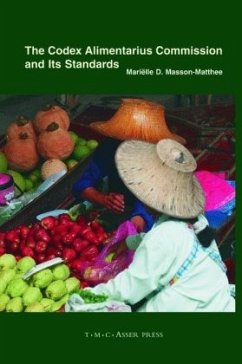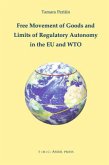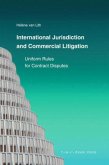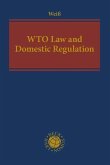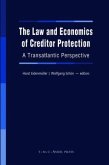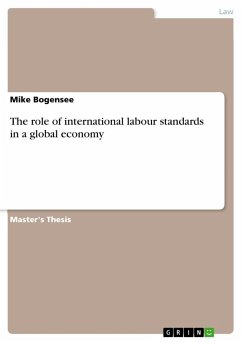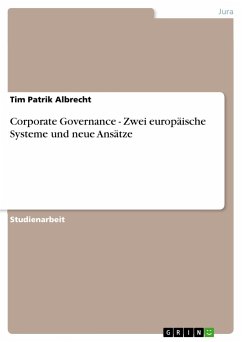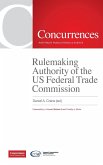The Codex Alimentarius Commission was established in 1962 by the FAO and the WHO as a subsidiary organ of both organisations, and has been charged with the creation of the Codex Alimentarius: a collection of uniformly defined food standards. Its capacity to give effect to its mandate depends upon its institutional framework. The authority of the Codex Alimentarius Commission is restricted by its position as a subsidiary body of the FAO and the WHO. However, with regard to its normative powers, the Codex Alimentarius Commission operates independently from its parent organisations. This examination of its legal aspects and standards, both within the framework of the WTO Agreements as well as within the context of the EC legal order, will be useful to scholars of international law and the law of international organisations such as the WTO, and to those with an interest of food safety in general.
Hinweis: Dieser Artikel kann nur an eine deutsche Lieferadresse ausgeliefert werden.
Hinweis: Dieser Artikel kann nur an eine deutsche Lieferadresse ausgeliefert werden.

